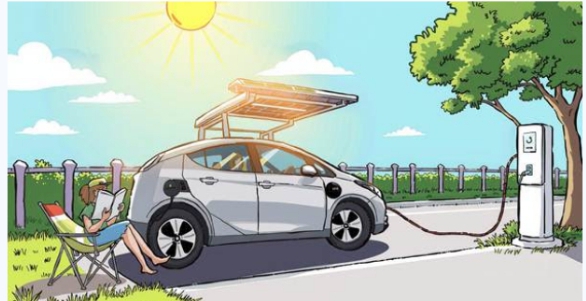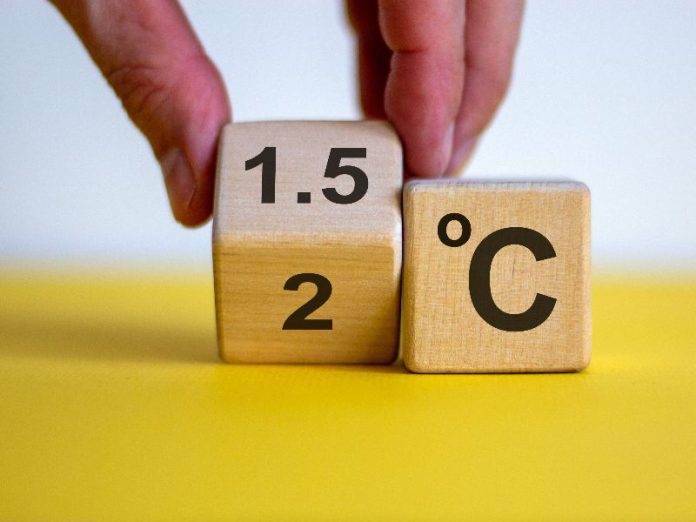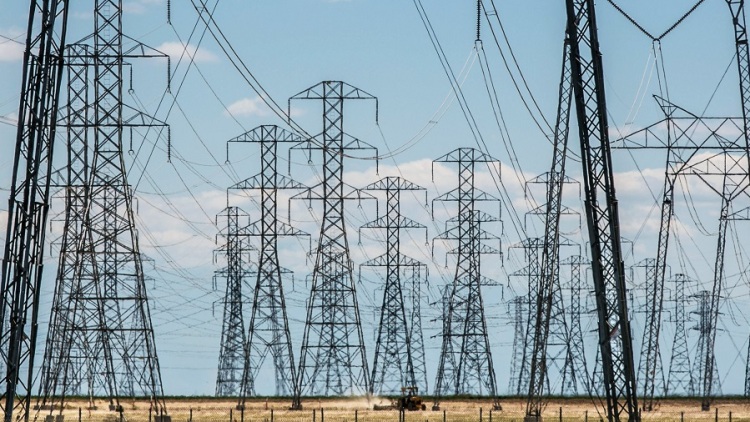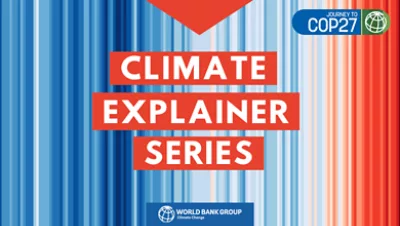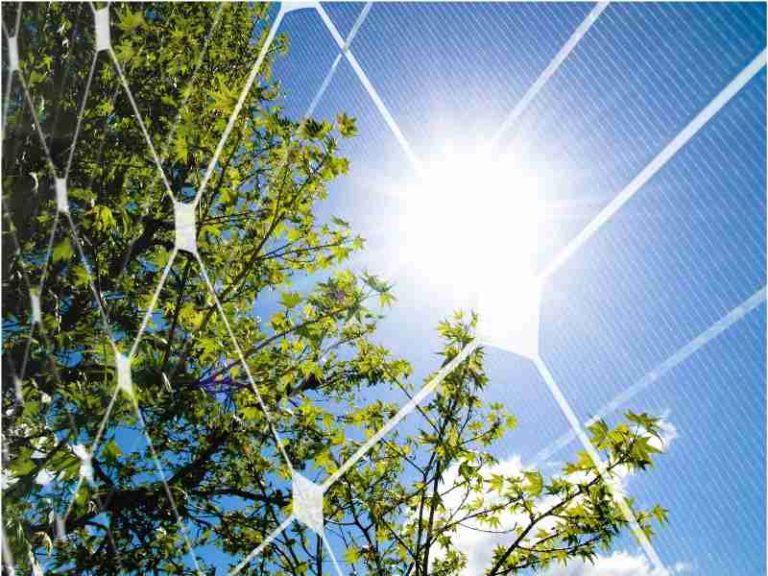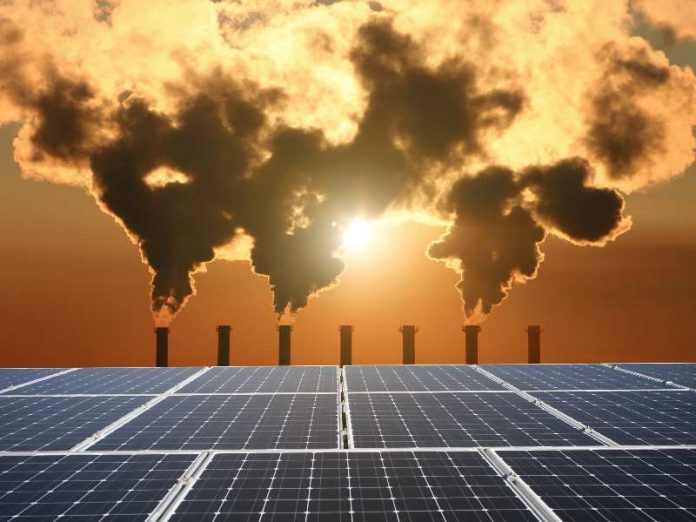
Why does renewable energy investment in Africa lag rest of world?
Michael R Bloomberg, UN Secretary-General’s Special Envoy on Climate Ambition and Solutions and Founder of Bloomberg LP and Bloomberg Philanthropies said the global transition from fossil fuels to clean energy has the potential to benefit economies and health across Africa.

